Foreign Policy and the State of the Union: What to Expect, or Not
From Iran to Nigeria, there's a lot the president can talk about, and a lot he won't say
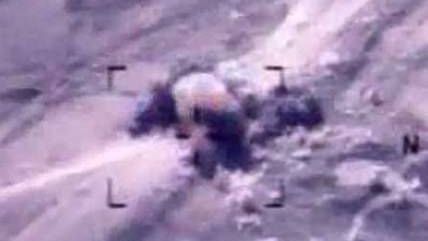
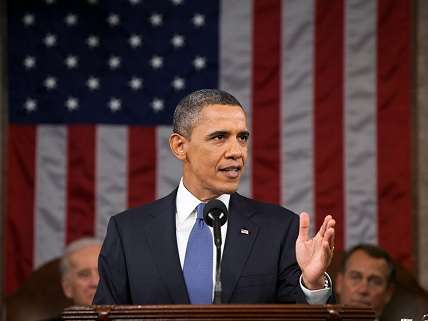
What can we expect in President Obama's State of the Union with regard to U.S. foreign policy in 2015? Not much. As in every every State of the Union since 2002, the president is expected to address foreign policy largely within the framework of the war on terror and counterterrorism operations. But the State of the Union is largely a vehicle for rhetoric, not honest explanations of policy. President Obama mentioned drones in a State of the Union for the first time last year, claiming his administration had "imposed prudent limits" on their use.
With terrorism at the forefront of world news from Paris to Baga, Nigeria, it'll be difficult for the president to avoid addressing the issue in favor of can't-pass domestic policies. The narrative that the U.S. had laid waste to Al Qaeda has become harder to maintain. And, faced with a Republican-led Congress, President Obama is in the awkward position of having some of his most aggressive foreign policies being some of the easiest to get through Congress, even as he continues to mostly ignore the legislative body's role in foreign policy and war-making.
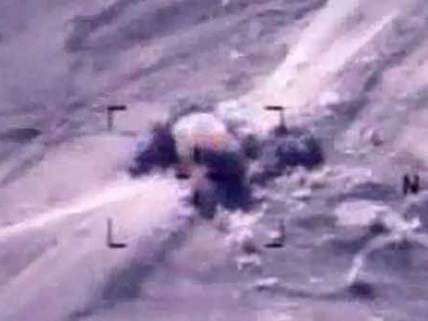
1. Iraq
As recently as last year's State of the Union President Obama boasted that all U.S. troops were out of the country. Ending the war in Iraq was one of Obama's primary claims during the 2012 presidential election. Yet when the Islamist militants that eventually came to be known as the Islamic State in Iraq and Syria (ISIS) overran large swaths of Iraqi territory, Obama minimized his role in the end of the Iraq war and finally acknowledged he had pushed for Iraq to allow U.S. troops to remain in the country past the previously negotiated withdrawal date. Any reference to U.S. operations in Iraq in this year's State of the Union will be linked to U.S. operations in Syria, although the situation there, too, has run counter to some long supported narratives.
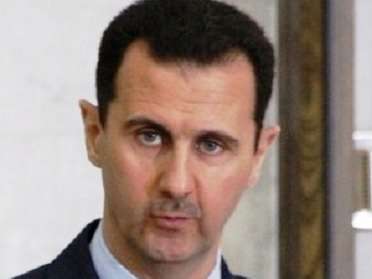
2. Syria
The Obama administration has called on Syrian dictator Bashar Assad to step down from power since anti-regime protests started to turn violent, thanks in part to the brutal government response, nearly four years ago. The Assad regime warned the armed opposition was rife with Islamist extremists, and eventually an al-Qaeda affiliate established itself among the various radical groups in the opposition. Out of this extremist froth came ISIS. The Obama administration tried and failed to push for military action against the Syrian regime in 2013. Last year U.S. airstrikes against ISIS targets in Syria began. The U.S. assured the Syrian government regime forces were not being targeted. Now with the growing threat of Syria turning into a stable base for extremist operations, the U.S. has reportedly backed off the demand that Assad resign, opening the door for peace talks that could see him remain in power. Don't expect the president to acknowledge this tonight, but rather to continue to maintain that U.S. interests in Syria are of a humanitarian nature.
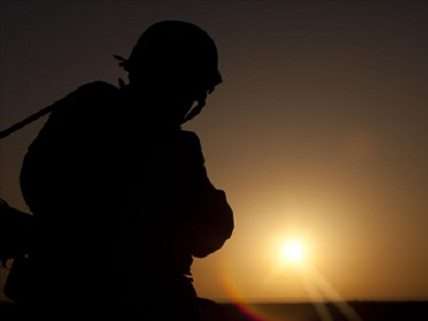
3. Afghanistan
Is the war on Afghanistan over? It's supposed to be. Without an election pending, President Obama hasn't touted the official end of the war in Afghanistan. And with 10,000 troops left in the country today, how official could it be? Last year, Obama said U.S. troops had "moved to a support role" ahead of the end of "America's longest war." President Obama will likely claim the war in Afghanistan is over. He may even mention the U.S. military's continued "support role" in the country, one that doesn't have a projected end date.
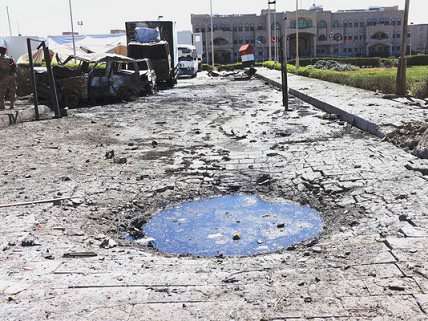
4. Yemen
Yemen was once the forefront in the U.S.'s supposedly successful war on Al-Qaeda. It was where the terror group's "operational core" moved to from Afghanistan and where the U.S. said it was disabling the terror group like it had done in Afghanistan—where troops remain more than 13 years after the start of the U.S. war against the Taliban.
Al Qaeda in the Arab Peninsula (AQAP) has been the professed target of many of the U.S. drone strikes conducted in that country over the last decade. AQAP also claimed responsibility for the assault on the Charlie Hebdo offices in Paris. The group went so far as to claim Anwar al-Awlaki, one of its leaders killed in a 2011 drone strike in Yemen, helped to organize the massacre. If true, it's an astonishing claim. When the U.S. targeted al-Awlaki, a U.S. citizen, in a drone strike (his teenaged son died in a similar strike two weeks later), the U.S. claimed the professed Al-Qaeda propagandist was also an operational leader. It accused him of involvement in the failed underwear bombing, the reason given for his placement on a "kill list." It did not seek to capture al-Awlaki. President Obama is unlikely to revisit that decision, or even the claim the U.S. has disrupted Al Qaeda's network in Yemen. Neither should you expect the president to mention the ongoing potential coup happening in Yemen, which a few years ago weathered its own Arab spring with the help of the U.S.
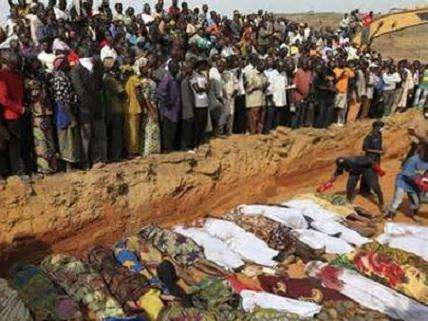
5. Nigeria
President Obama hasn't mentioned Nigeria in a State of the Union before, but after a highly publicized kidnapping of more than 200 school girls by Boko Haram last spring, the U.S. sent at least 200 advisors to assist in the search for the girls. Those advisors quietly came home a few months ago. Earlier this month Boko Haram militants massacred a village in northern Nigeria. Initial reports said up to 2,000 people had been killed. Since then the group has stepped up attacks in the region and in next-door Cameroon. He may find it difficult to ignore the country and its extremist problem as he has in years past, but don't expect the president to articulate why U.S. intervention in the region is a bad idea.
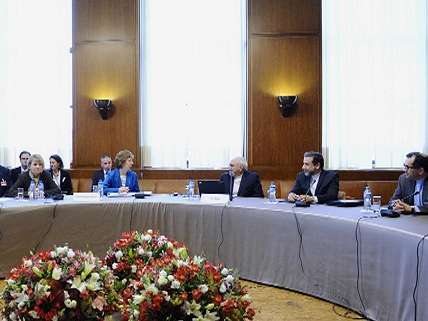
6. Iran
A diplomatic breakthrough on Iran's nuclear program would be a big success in an otherwise pretty dismal foreign policy record for the Obama administration. Negotiations have been moving slowly toward a resolution for several years now. The president wants a success. There's little, if anything, he could say tonight to make or break the negotiations. Hawkish members of Congress, Republican and Democrat, have pushed the president to take a harder line against Iran and its nuclear program. That would be a mistake. Insofar as the president addresses negotiations with Iran tonight, he should avoid taking credit for a success that hasn't happened yet and instead make the case for resisting hardliners in Congress.


Show Comments (26)